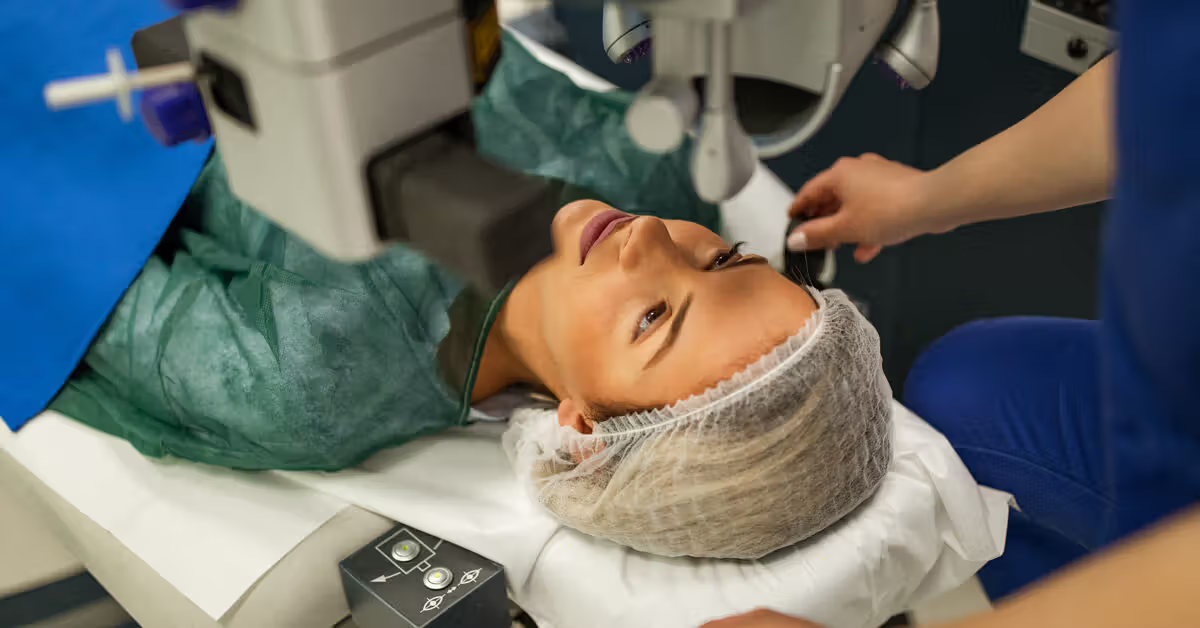Retinal Surgery: Procedures, Recovery, and Benefits
Retinal surgery is performed to treat various conditions affecting the retina—the light-sensitive tissue at the back of the eye responsible for vision. These surgeries help restore vision, prevent further damage, and improve overall eye health.
👁️ Conditions That Require Retinal Surgery
1️⃣ Retinal Detachment – A medical emergency where the retina pulls away from its normal position, leading to vision loss.
2️⃣ Macular Hole – A small break in the central part of the retina, causing blurry or distorted vision.
3️⃣ Epiretinal Membrane (Macular Pucker) – A layer of scar tissue on the retina’s surface that distorts vision.
4️⃣ Diabetic Retinopathy & Vitreous Hemorrhage – Severe diabetes-related retinal damage leading to bleeding and vision loss.
5️⃣ Retinal Vein Occlusion (RVO) – Blocked blood vessels causing swelling and vision impairment.
🔬 Types of Retinal Surgery
✔ Vitrectomy – The most common retinal surgery, where the vitreous gel inside the eye is removed and replaced to allow access to the retina for repair.
✔ Scleral Buckle – A silicone band is placed around the eye to push the retina back into position (used for retinal detachment).
✔ Pneumatic Retinopexy – A gas bubble is injected into the eye to help reattach the retina (for smaller detachments).
✔ Laser Surgery (Photocoagulation) – Used to seal retinal tears, prevent detachment, or treat diabetic retinopathy.
✔ Cryopexy (Freezing Treatment) – Freezes the affected area to create a scar that helps reattach the retina.
⏳ Recovery & Aftercare
✔ Mild discomfort, redness, or blurry vision is normal after surgery.
✔ Posturing (face-down position) may be required if a gas bubble is used to help the retina heal.
✔ Avoid strenuous activities like lifting heavy objects or bending over for a few weeks.
✔ Use prescribed eye drops to prevent infection and inflammation.
✔ Regular follow-ups are essential to monitor healing and vision improvement.
🎯 Benefits of Retinal Surgery
✅ Prevents permanent vision loss
✅ Restores clarity and improves focus
✅ Reduces the risk of further retinal damage
✅ Enhances overall quality of life
Retinal surgery is often urgent and requires expert care. If you experience sudden vision loss, floaters, flashes of light, or a shadow in your vision, consult an eye specialist immediately for prompt treatment.
